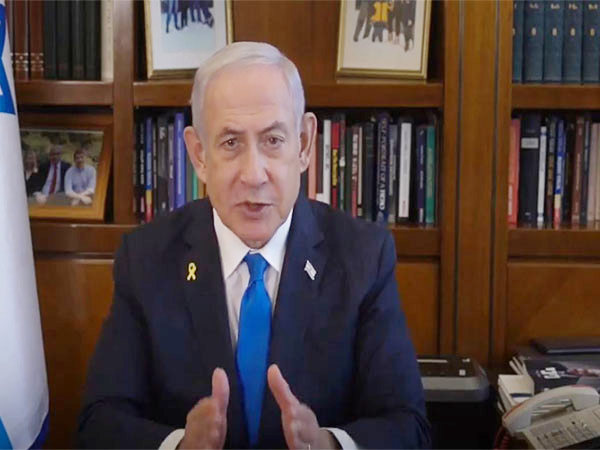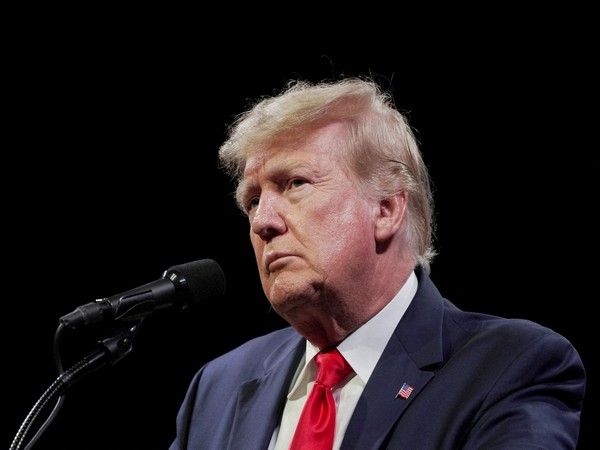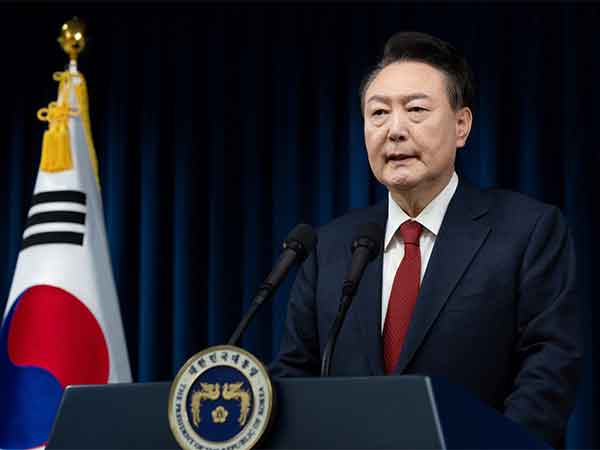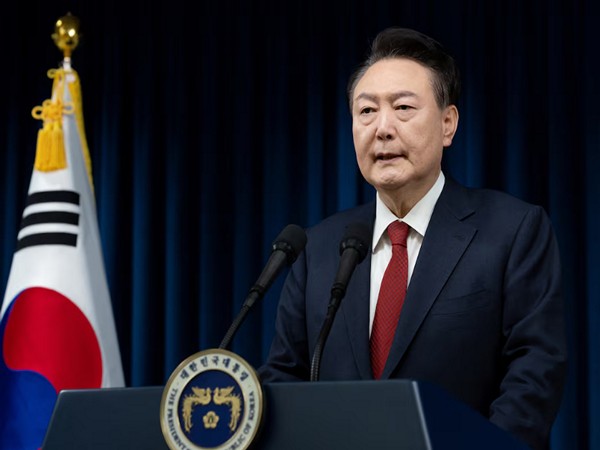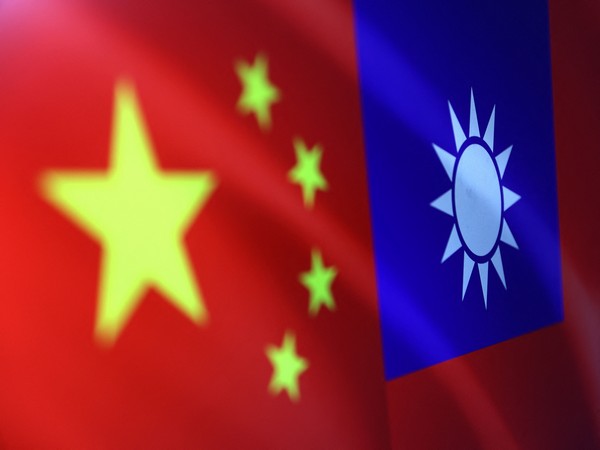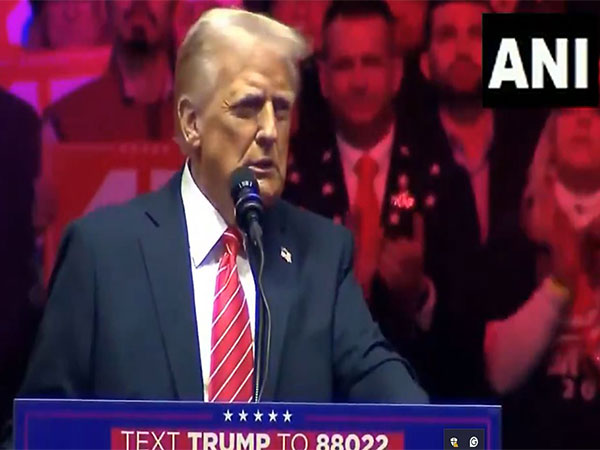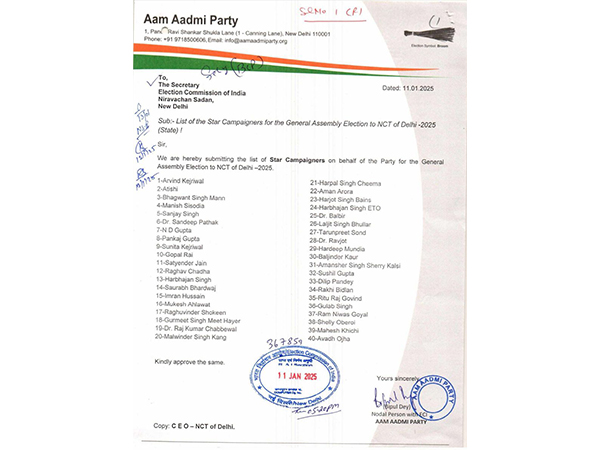
Washington [US], March 14 (ANI): Bipartisan legislation and a resolution introduced back-to-back in the US Senate have put Chinese attempts to enforce its hegemony in South Asia under tremendous challenge. The legislation on the promotion of peaceful resolution to the conflict between China and the Dalai Lama, introduced in the US House of Representatives and the Senate on February 9, 2023, seeks to strengthen the policy of America to jump-start a dialogue between China and the Dalai Lama that advances freedoms for the Tibetan people and peaceful resolution of their differences over Tibet.
“Promoting a Resolution to the Tibet-China Conflict Act,” introduced by Congressmen Jim McGovern and Michael McCaul in the House of Representatives and Senators Jeff Merkley and Todd Young in the Senate, empower the US Government to achieve its long-standing goal of getting Tibetans and Chinese authorities to resolve their differences peacefully through dialogue.
The resolution introduced in the US Senate by Senator Jeff Merkley, a Democrat, and Bill Hagerty, a Republican, recognizes Arunachal Pradesh as an integral part of India; challenging the recent military aggression by Beijing to change the status quo along the Line of Actual Control between India and China. The Co-Chair of the India Caucus, Senator John Cornyn, has co-sponsored the resolution.
The resolution condemns Chinese provocations, including the use of Chinese military force, to change the status quo along the LAC, the construction of villages in contested areas, the publication of maps with names in the Mandarin language for cities and features in the Indian state of Arunachal Pradesh; and the expansion of the territorial claims of Beijing in Bhutan.
Speaking on the legislation on a dialogue between the Dalai Lama and China, Congressman McGovern has said, “The Tibetans are a people who deserve to have their rights respected under international law. This includes the right of self-determination, which the Chinese government and the international community have denied.”
The Tibetan people under the founding UN covenants have entitled to the right to decide how they are governed, Congressman McGovern has said. The US is in favour of the two sides negotiating a durable solution. The Dalai Lama himself is in favour of getting the Tibetan people real autonomy under nominal Chinese rule, and he wants to achieve this through dialogue between his emissaries and the Chinese authorities, rather than outright independence for Tibet.
The legislation promoting peaceful resolution of the conflict between the Dalai Lama and China strengthens the basis for US support for dialogue by making it a policy that the Tibetans are a people entitled to the right of self-determination under international law and their ability to exercise this right is precluded by the current policies of China.
It also states that the legal status of Tibet is unresolved and remains to be determined in accordance with international law. The Chinese authorities have so far stonewalled all attempts to initiate such a dialogue. Buoyed by the advanced age of the Dalai Lama, they are biding their time and waiting for an opportunity when Beijing will interfere in the process of reincarnation of the Dalai Lama and impose on the people of Tibet a puppet Dalai Lama of its own choice; cynic as the Chinese rulers are, devoid of humanitarian considerations.
To the detriment of the Chinese authorities, however, on December 21, 2020, then-President of the United States Donald Trump signed the Tibet Policy and Support Act that reaffirms the right of Tibetans to choose a successor to the Dalai Lama. These legislative measures throw the weight of the US Government against continued attempts by China to deny the Tibetans autonomy, destroy the Tibetan language, culture and religion and wipe out the existence of Tibetans as a race.
Another redeeming feature of the bipartisan legislation on Tibet is the measures contemplated countering the Chinese disinformation campaign about Tibet, like disinformation about the history of Tibet, the Tibetan people, and Tibetan institutions, including the institution of the Dalai Lama.
It directs the Special Coordinator for the Tibetan Issues of the US State Department to ensure that statements and documents of The US government counter Chinese disinformation about Tibet and authorize the existing funding under the Asia Reassurance Initiative Act 2018 to counter the disinformation about Tibet.
These legislations on Tibet, observers say, further, strengthen the resolution recognizing Arunachal Pradesh as an integral part of India as China is using militarily the high grounds of the illegally occupied Tibetan territory to change the status quo along the LAC between India and China as a part of its expansionist game plan. “The United States recognizes the state of Arunachal Pradesh not as a disputed territory but as an integral part of the Republic of India, this recognition is not qualified in any way,” says the resolution on Arunachal Pradesh.
To leave no one in doubt that Arunachal Pradesh is an integral part of India, the Senate resolution has reaffirmed that the USA recognizes the McMahon Line as the international boundary between China and the Indian state of Arunachal Pradesh.
China, incidentally, in its bid to bring the whole of Arunachal Pradesh under its illegal occupation has refused to recognize the McMahon Line which was the product of an international agreement signed duly between the British Indian government and the independent Tibet government in 1914.
The resolution on Arunachal Pradesh has accused China of standing in the way of poverty alleviation measures and economic development of the Indian state. Provocations by China have stood in the way of many international donors providing assistance for the uplift of the people of Arunachal Pradesh economically. The resolution commits the USA, together with international partners and donors, to deepen support and assistance to Arunachal Pradesh which it views as part of India and not of China.
Chairman of Senate Foreign Relations Committee Senator Roger Wicker, too, has recently noted that China had recently engaged in bloody skirmishes with India to assert its territorial claims along the LAC. Bipartisan legislation and resolutions moved in the US House of Representatives are of special significance as they have a better chance of getting the support of the majority of the members of the House. Once passed into acts, it is easier to get the resources and tools necessary to enforce their contentions as decisions of the US government.
Bipartisanship is a political mechanism in which opposing political parties find common ground through compromise. Under the two-party system of American politics, the mechanism of bipartisanism has evolved to preclude the possibility of rival political groups pushing their interests to the detriment of the national interest.
Bipartisan initiatives in Tibet and Arunachal Pradesh underscore that allowing Beijing to develop a stranglehold on this region will pose a threat to peace and democratic values all over the world. That the USA is serious about enforcing the resolution recognizing Arunachal Pradesh as an Indian territory is evident from the statement of a top Pentagon official made on February 10, 2023, that the USA is making investments in defence ties with India.
On February 25, Pentagon Press Secretary Air Force Brigadier General Pat Ryder told reporters: “The US and India enjoy a good partnership. We look forward to continuing to develop and foster our relationship with the Indian military.” Among the defence, ties are the ongoing discussion which is at an advanced stage for the sale of 30 Predator armed drones by the US to India, the first to a non-NATO ally, at an estimated cost of $3 billion. The deal had been initiated by the previous Donald Trump government and now it has matured.
These state-of-the-art drones which have no match will serve as a valuable surveillance asset for conducting reconnaissance of the maritime and land borders of India with China. Keeping the LAC under surveillance is important in view of the attempts by the Chinese army at intrusions into Indian territories. Pending the finalization of the deal, the Indian armed forces have already taken on lease two surveillance Predators from the USA, say reports.
Another important part of Indo – US defence cooperation to contain Chinese aggression is the annual joint exercise between the armies of the two countries termed “Operation Yudh Abhyas,” In November 2022, the 18th edition of the exercise was held close to the India-China border in Uttarakhand, predictably inviting anxious objections from Beijing at the presence of the US army close to the border of China. (ANI)








